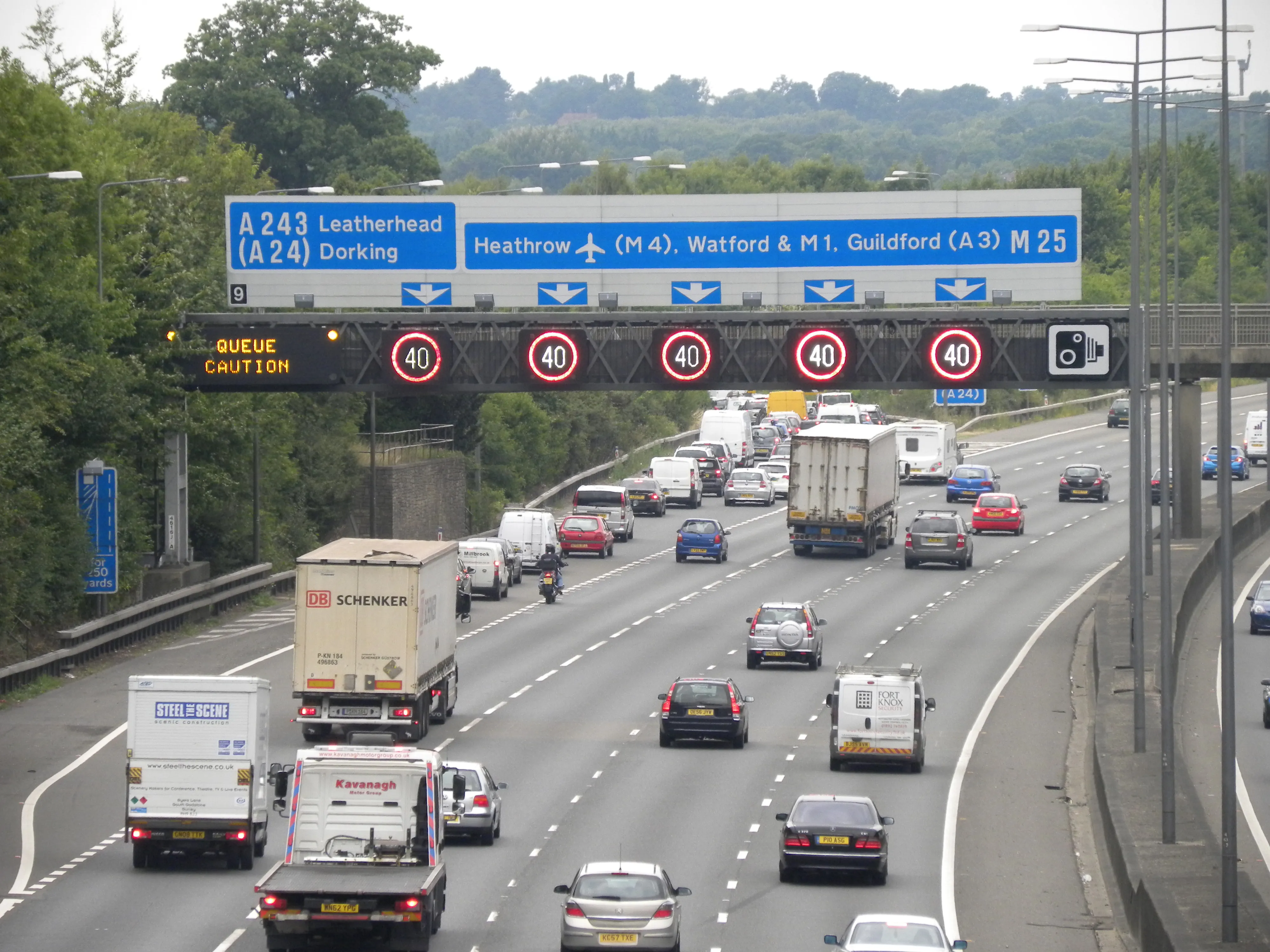In the US, the Obama administration is beginning work on a 30-year transportation plan to meet US infrastructure needs. Transportation Secretary Anthony Foxx, commented in an interview with the Washington Post. “Transportation is a system of systems,” Foxx said, rather than the aggregate of separate systems that can be addressed individually. “The idea that we’re looking at the system comprehensively is the thrust of this report.” He said the report, which will be followed by a formal comment period, is int
February 24, 2015
Read time: 3 mins

In the US, the Obama administration is beginning work on a 30-year transportation plan to meet US infrastructure needs. Transportation Secretary Anthony Foxx, commented in an interview with the Washington Post. “Transportation is a system of systems,” Foxx said, rather than the aggregate of separate systems that can be addressed individually. “The idea that we’re looking at the system comprehensively is the thrust of this report.”
He said the report, which will be followed by a formal comment period, is intended as the beginning of a conversation about the future, rather than the conclusive definition of a path forward. The report being drafted by the Transportation Department draws in part on data compiled in recent years by such groups as the Miller Center at the University of Virginia and the2600 American Society of Civil Engineers.
An ASCE report two years ago concluded that it would take a US$3.6 trillion investment by 2020 to meet US infrastructure needs, about $1.6 trillion more than current spending. The Miller Center said maintaining infrastructure at current levels required additional spending of $134 billion to $194 billion each year through 2035.
Ben Brock, chief executive of681 Astec Industries, has spoken out on the need to invest in the US road network. He said, “Government officials need to have the mindset that the surface of the road is no different than the roof of their home,” Brock said. “If the roof of their home is leaking, valuable things could be ruined, if not totally lost. The replacement cost would be much higher today – assuming you even could replace them.”
A road surface in poor condition is similar to a leaking roof, Brock explained. “Water seeps in and deteriorates the base, which is most valuable and very expensive to replace. In this way, maintenance money is smart money because maintaining roads is not optional. It protects not only the asset investment, but keeps travelling surfaces safe for the public.”
Analysts on both side of the Atlantic Ocean have said costs to clear a backlog of repairs are mounting year on year. Jean-Francois Corte, secretary general of the World Road Association (3141 PIARC), based in Paris, has echoed Brock’s concern over road maintenance. “What’s needed right now is at least a medium-term vision to embrace the right type of maintenance, a strong strategy. Because there has been insufficient maintenance, road networks are degrading faster. Many highways authorities don’t have this medium- or long-term approach to highway maintenance because they are bound by their government’s annual budgets.”
He said the report, which will be followed by a formal comment period, is intended as the beginning of a conversation about the future, rather than the conclusive definition of a path forward. The report being drafted by the Transportation Department draws in part on data compiled in recent years by such groups as the Miller Center at the University of Virginia and the
An ASCE report two years ago concluded that it would take a US$3.6 trillion investment by 2020 to meet US infrastructure needs, about $1.6 trillion more than current spending. The Miller Center said maintaining infrastructure at current levels required additional spending of $134 billion to $194 billion each year through 2035.
Ben Brock, chief executive of
A road surface in poor condition is similar to a leaking roof, Brock explained. “Water seeps in and deteriorates the base, which is most valuable and very expensive to replace. In this way, maintenance money is smart money because maintaining roads is not optional. It protects not only the asset investment, but keeps travelling surfaces safe for the public.”
Analysts on both side of the Atlantic Ocean have said costs to clear a backlog of repairs are mounting year on year. Jean-Francois Corte, secretary general of the World Road Association (








